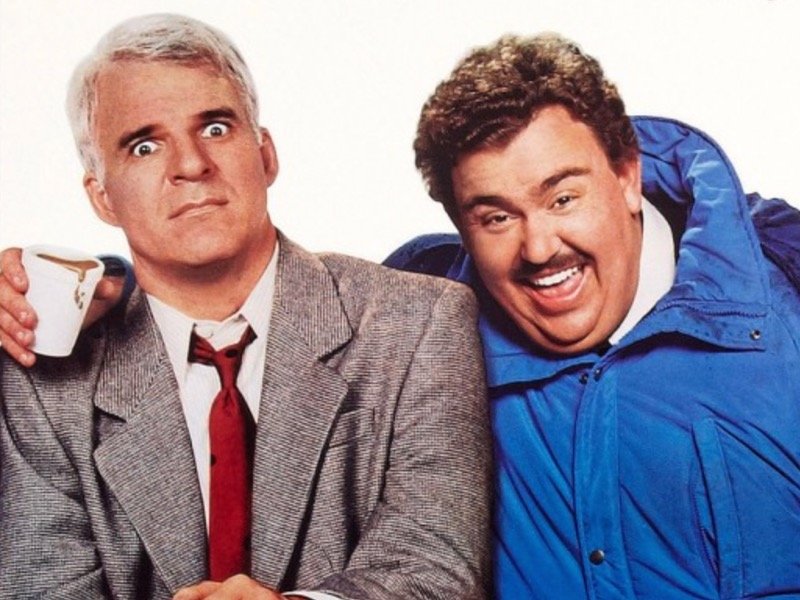You certainly can't say that director Ridley Scott set his sights low with "Prometheus," his long-anticipated return to science fiction. Apparently, it wasn't enough to attempt a prequel to "Alien," arguably the most revered sci-fi film that doesn't feature "Star" in the title. The movie also strives to be more philosophical than the first two "Alien" features.
The result could either be heralded as a cinematic marvel or yet another entry in fanboys' ever-growing file of worst movies ever. "Prometheus" falls safely between both categories. It doesn't quite reach the high bar set before it, but it still works as an intense and impeccably made space thriller.
Noomi Rapace (the Swedish actress who dominated the screen in the foreign "Girl With the Dragon Tattoo" films) plays Elizabeth Shaw, an archeologist on a quest through space to find the origins of mankind. A cave painting in Scotland appears to hint at a far-off planet as the birthplace of our creators, or "engineers" as Shaw and her fellow archeologist/lover Charlie ("Devil"'s Logan Marshall-Green) call them. After a revelatory discovery on the moon, ominous things start happening to the crew, and it becomes clear that our creators, as well as some members of Shaw's crew, may have other motives for their visit.
I tried to keep the synopsis as vague as possible in order to sanitize this review of spoilers. In fact, one of the best attributes of "Prometheus" is the sense of discovery and the invigorating idea that you and the characters are learning about the planet and its inner workings at the same time. It would be a shame to ruin that for the audience (though some recent TV advertisements have done a decent job of that on their own).
Luckily, "Prometheus" has a lot to enjoy that can't be wrecked by revealing TV spots and spoilers. For one, the film is a visual sensation. The special effects, especially for the spaceship, look almost completely lifelike. Several shots of the ship coming toward the planet to land are beautiful, showing the small craft carving its way through the grey, alien sky. Some may cry foul since Scott isn't using models like he did in the past, but this isn't "Star Wars: Episode III," where the locations appear distractingly shiny and artificial. Instead, the combination of computer effects and real locations come create a startlingly convincing and unique world.
After the ship lands, the film settles into a wildly intense tale of discovery and eventually horror. Several moments near the film's midsection are nail-bitingly suspenseful, including a showcase sequence featuring Rapace that vaguely attempts to recreate the famous chestburster scene. I doubt it will be as legendarily shocking as John Hurt's exit from "Alien," but it's certainly intense and hide-behind-your-hands horrifying.
A part of the reason why the movie can't reach the iconic levels of its predecessors is the obvious dialogue. Written by Jon Spaihts and "Lost" scribe Damon Lindelof, the script hints a bit too hard at its future plot developments. For instance, a conversation between Theron, Marshall-Green and Rapace ends with nice tension, but it begins with characters blaring out objects they see and their purposes, falling just short of saying "I wonder if we will need or use this later" with a wink toward the audience. The clumsy foreshadowing doesn't ruin the intensity of the later scenes, but it doesn't allow much to surprise the crowd.
The performances by the top-rate cast help cover up some of these script issues. Rapace holds the screen well in her first starring role in an American film, mixing strength with a youthful exuberance. Charlize Theron and Michael Fassbender are effectively chilly as two of the main operatives from the shady Weyland Corporation, and "The Wire"'s Idris Elba brings welcome levity to the operation as the Stephen Stills-loving captain.
One wouldn't be out of line if they noted the ethnically diverse crew of characters was yet another resemblance to the "Alien" films. Yet despite all of the similarities and the buzz surrounding the film's connections, "Prometheus" feels closer to a different – and far more philosophical – Ridley Scott sci-fi classic, "Blade Runner." Like the Harrison Ford cult hit, the film asks intriguing questions about our never-ending quest to find our creators and get the ultimate answers about life. The fact that it brings Fassbender's android character into the conversation only makes it more interesting.
Just like its main characters, "Prometheus" struggles when faced with those who came before it and helped bring it into existence. The dialogue doesn't allow the film to be as surprising and shockingly terrifying as "Alien," nor as deeply philosophical as "Blade Runner." Its visuals, performances, intense set pieces and ambitious scope, however, merit the movie a respectable place in the sci-fi universe.







